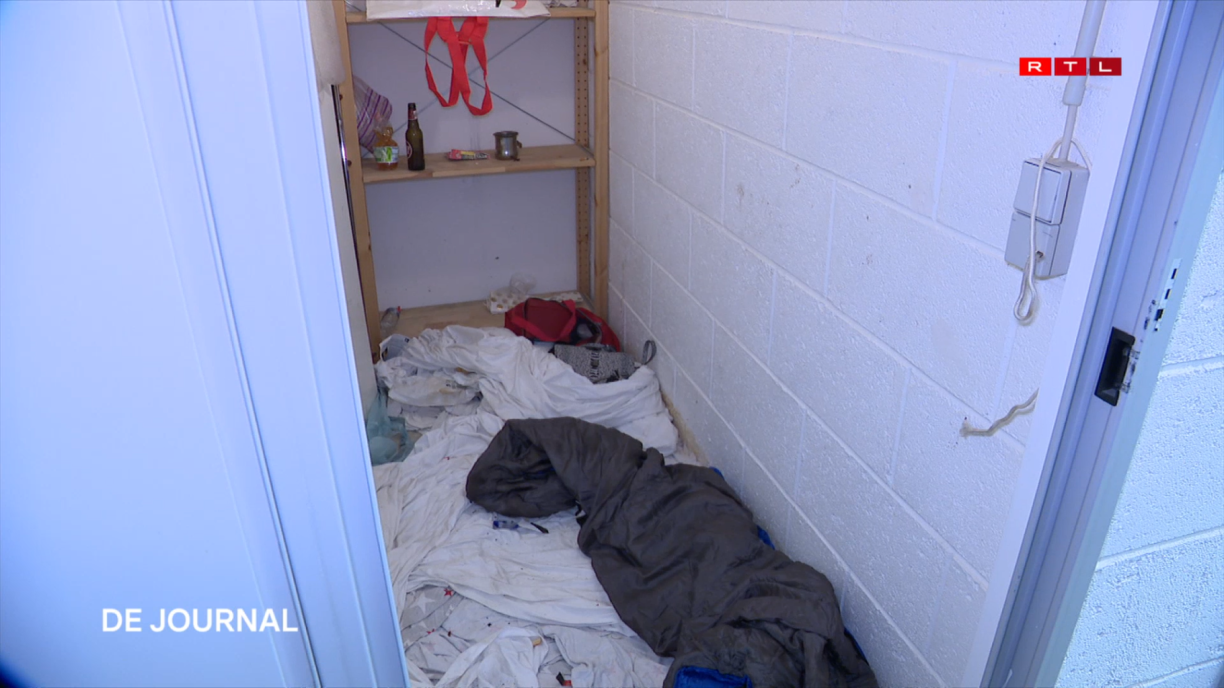
For months, residents and workers in Luxembourg City’s Gare neighbourhood have been expressing their frustration about local conditions in a WhatsApp group. Many feel that despite repeated promises from politicians, the situation has continued to deteriorate over the years.
Since mid-2023, these concerns have been shared in a group named “Quartier Gare, sécurité et propreté” (“Gare neighbourhood, safety and cleanliness”). The posts are predominantly negative, with some reflecting liberal perspectives while others lean toward more reactionary views. Recently, the term “militia” surfaced in discussions, raising concerns about the direction of the discourse.
To gain insight, our colleagues from RTL Télé contacted Patrick Reisdorff, a Gare resident and co-founder of the WhatsApp group.
Reisdorff criticised politicians for making promises without delivering tangible results. He specifically pointed to citizens’ assemblies, which he claimed are only convened after significant public outcry. “Nothing ever comes of these meetings,” he remarked.
This sentiment resonates with many in the WhatsApp group, where some participants express their dissatisfaction in blunt terms. Reisdorff defended such reactions, suggesting that long-term residents – some with over 50 years in the neighbourhood – have the right to speak provocatively.
Citing a personal experience, Reisdorff described an incident on New Year’s Eve when he and his family opened their front door to find someone injecting drugs in their entrance.
He acknowledged that residents understand the issues, including drug use and prostitution, are complex and beyond their ability to resolve. Importantly, he emphasised that locals do not wish to simply displace these problems to other neighbourhoods.
Reisdorff clarified that members of the WhatsApp group understand they are not permitted to “play sheriff.” Notably, it was Reisdorff himself who first introduced the term “militia” into the discussion, explaining that he used it deliberately to provoke and “wake people up.” According to him, the tactic worked, as the term “triggered something” within the group and beyond.
However, Reisdorff emphasised that he does not actually advocate for such measures, though he warned that locals might eventually feel compelled to explore conditions under which they could take action “as a sort of militia” if no other solutions are implemented.
To prevent such an outcome, Reisdorff proposed several measures, which he acknowledged are not new but remain untested. Among his suggestions was the “daily” deployment of police sniffer dogs to detect and seize drugs, followed by the immediate destruction of the substances. Rather than arresting offenders or issuing fines, this approach, he argued, would aim to disrupt the drug trade’s operations.
A major meeting is scheduled for February, with Reisdorff among the invitees. He stressed the need for more proactive police interventions, focusing on increased officer presence on the ground rather than relying on patrols that merely drive through the area. He also called for additional municipal officers and social workers to address the neighbourhood’s issues comprehensively.
Reisdorff underscored that if authorities demonstrate a genuine willingness to effect change, locals would be prepared to set aside purely emotional arguments and contribute constructively, for instance, by joining a task force.
He argued that politicians must create the framework for effective cooperation and communication to enable swift and coordinated action. Without such measures, Reisdorff warned, the prospect of residents forming a militia could signal “the end of democracy”.